The 5th European Fusion Teacher Day
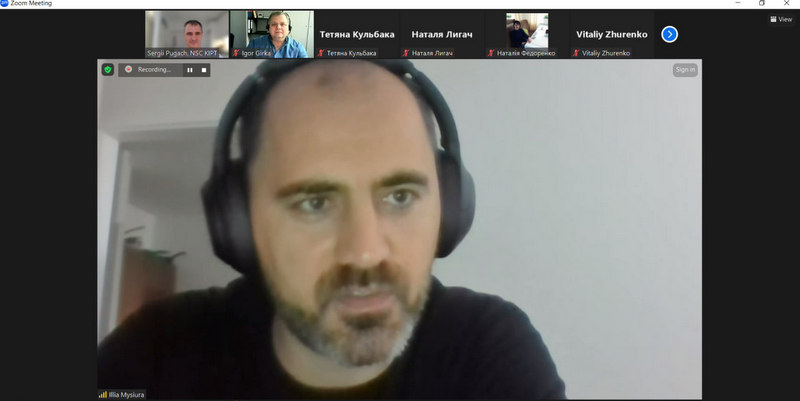
On October 11, the 5th European Fusion Teacher Day took place.
This annual event, held every October, consists of both national and pan-European sessions aimed at promoting plasma physics, plasma technologies, and nuclear fusion, which is seen as a promising, inexhaustible, safe, and environmentally friendly source of energy.
The goal of the European Fusion Teacher Day is to introduce high school teachers across Europe to the topic of nuclear fusion, discuss ways to teach it to their students, and explore methods to spark interest in fusion at the secondary education level.
Ukraine is represented in fusion research primarily by the Kharkiv School of Physicists, which traditionally organized the national session.
Among the organizers were the Education and Research Institute of Physics and Technology and the National Science Center “Kharkiv Institute of Physics and Technology.”
The Ukrainian session of the 5th European Fusion Teacher Day was led by Professor Ihor Hirka from the Education and Research Institute of Physics and Technology and by Serhii Pugach, head of the National Contact Point for Euratom.
The main speakers of the session were graduates of the Education and Research Institute of Physics and Technology.
In particular, Sophia Malko, a scientific leader in the Plasma Physics Laboratory at Princeton University (USA), spoke about her research in inertial fusion, which is based on the use of powerful lasers to focus energy on a small volume of fuel material.
Ilya Misiura, a plasma heating systems researcher and engineer at the Institute of Plasma Physics of the Czech Academy of Sciences (Czech Republic), spoke about magnetic plasma confinement and the advantages of fusion reactions over fission reactions, as well as the scale of research and experimental infrastructure. He also mentioned plasma technologies that emerged as valuable byproducts of fundamental fusion research, noting their significant contribution to the global economy far exceeding research costs.
Academician Ihor Harkusha of the National Academy of Sciences of Ukraine discussed Ukraine's involvement in global fusion research, the research infrastructure in place, and the scientific challenges being addressed. He also highlighted the mobility of Ukrainian scientists who conduct research campaigns at various installations worldwide. The war has impacted all spheres of life, including science, but the high level of international integration in fusion research enables continued participation even during the war.
The event's primary participants were 35 teachers from across Ukraine. Some teachers involved their students, who had the opportunity to hear directly from scientists about fusion, plasma physics, and plasma technologies.



.jpg)
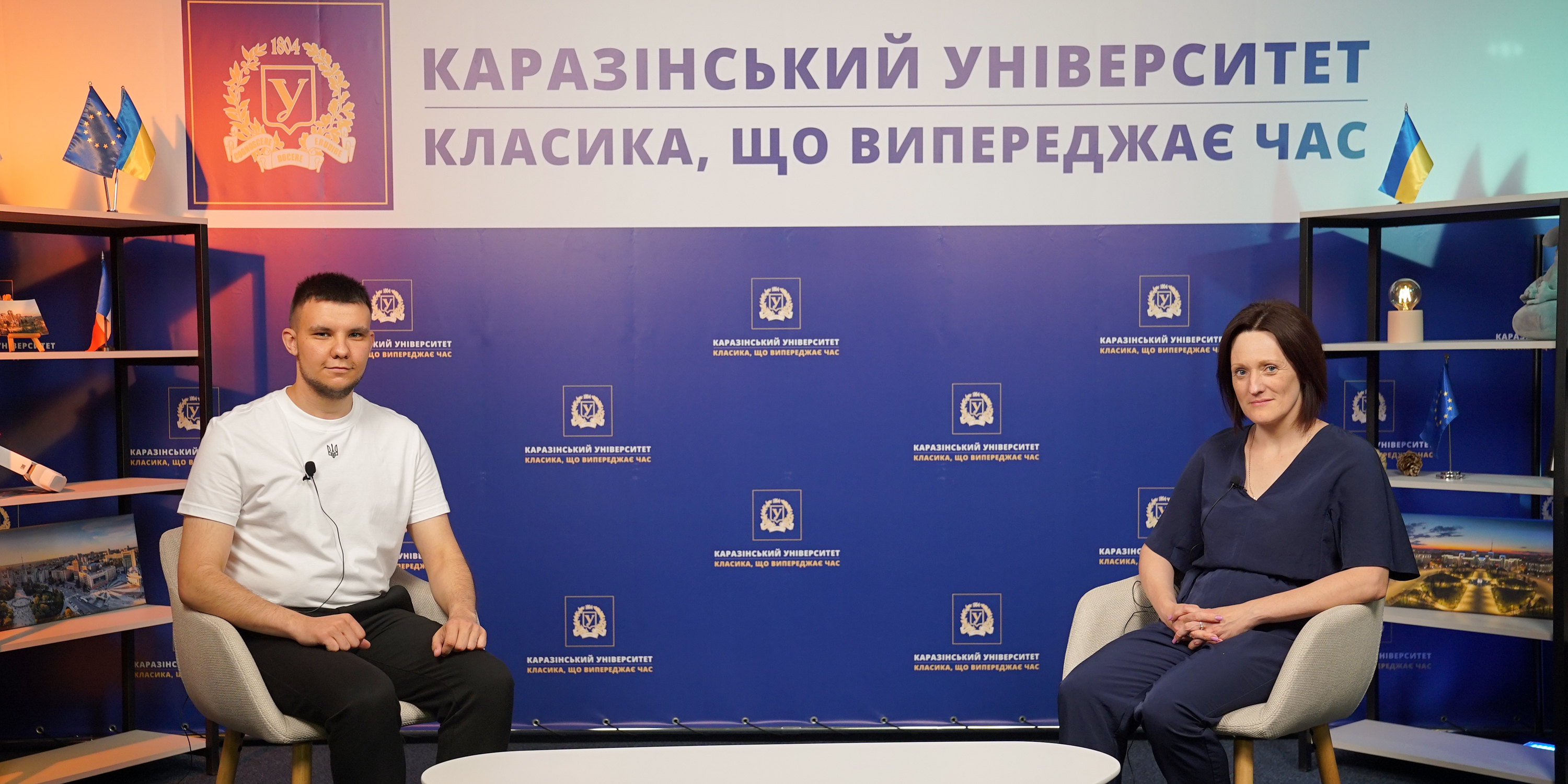
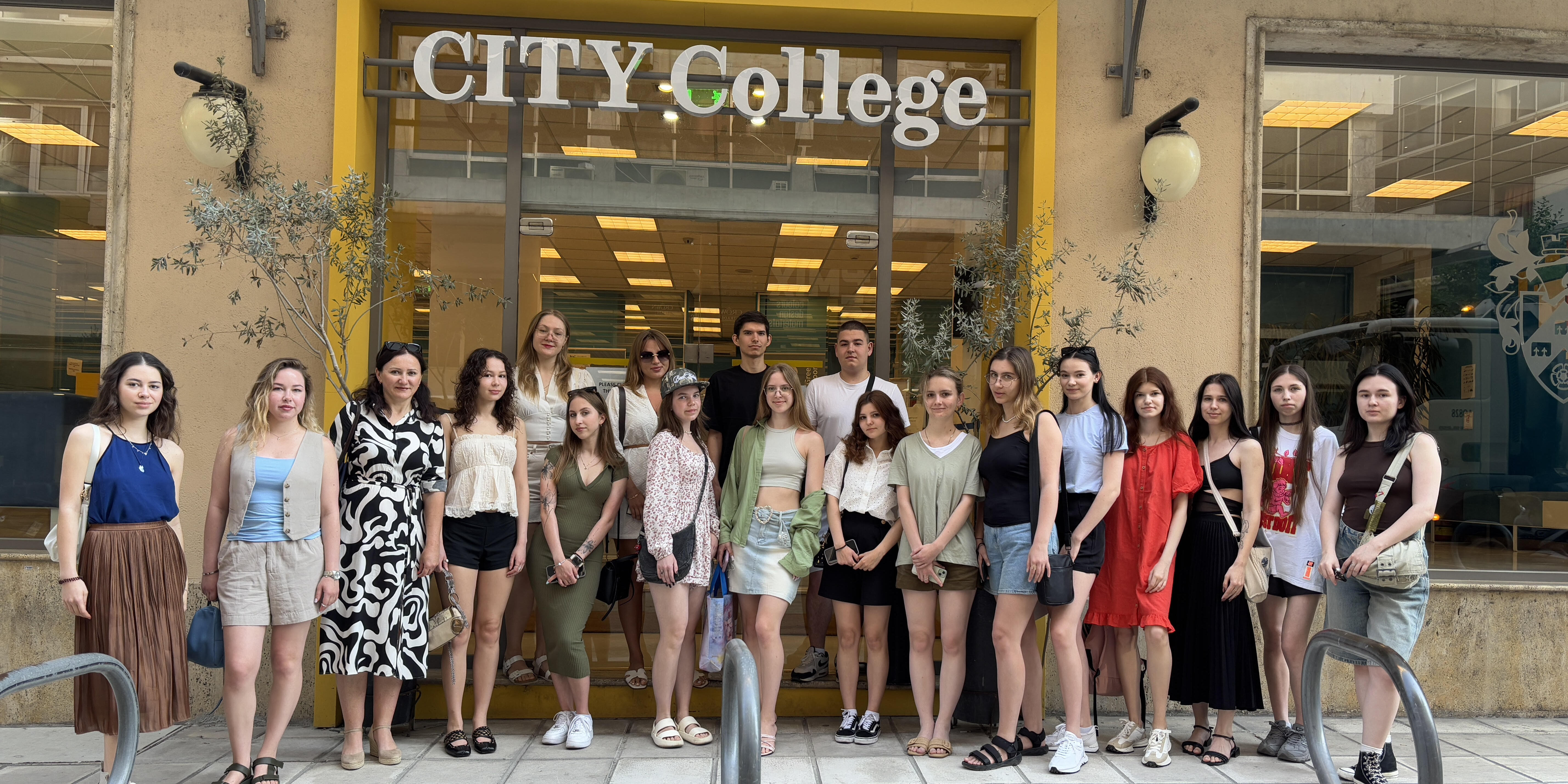
.png)
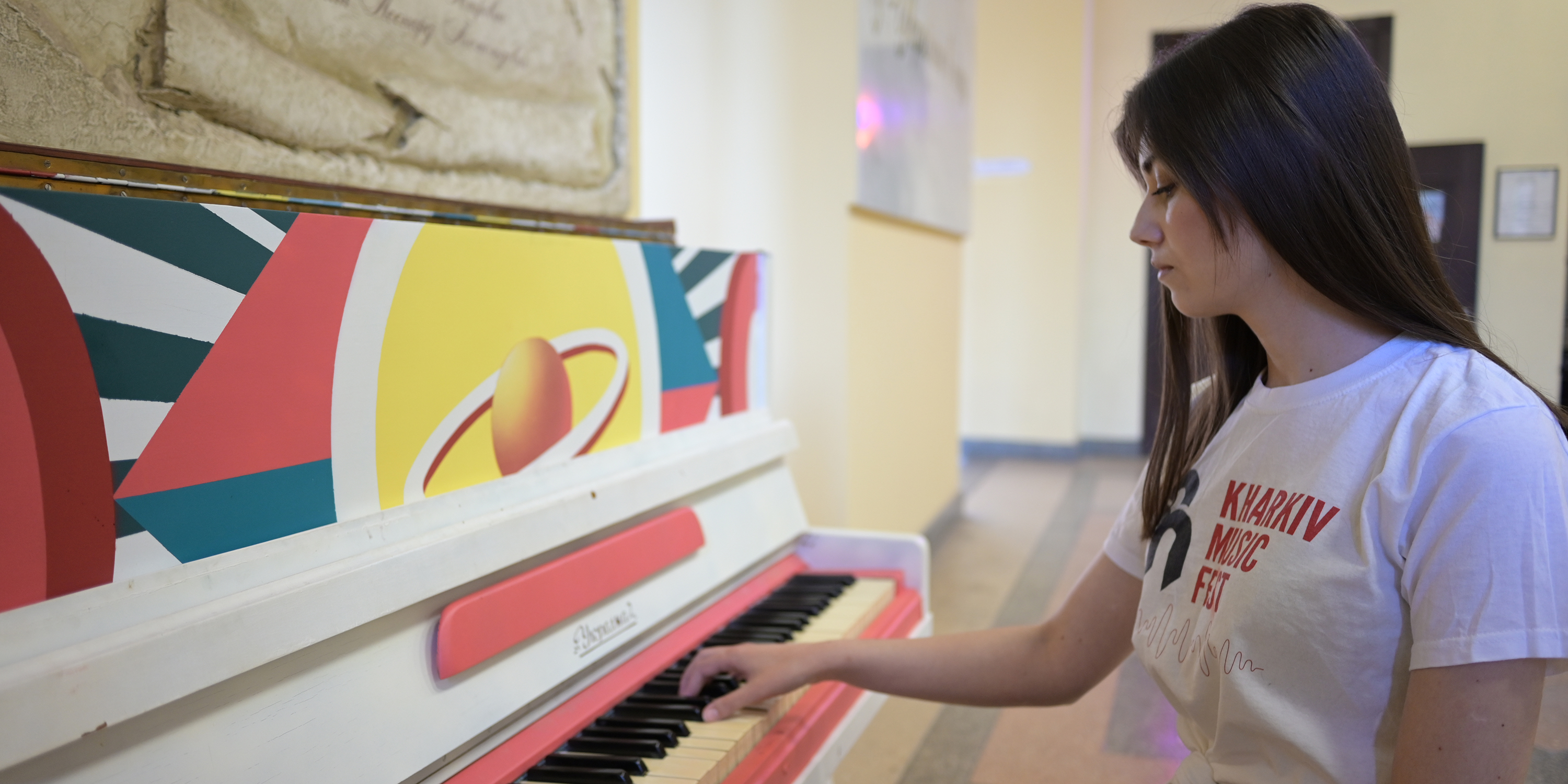
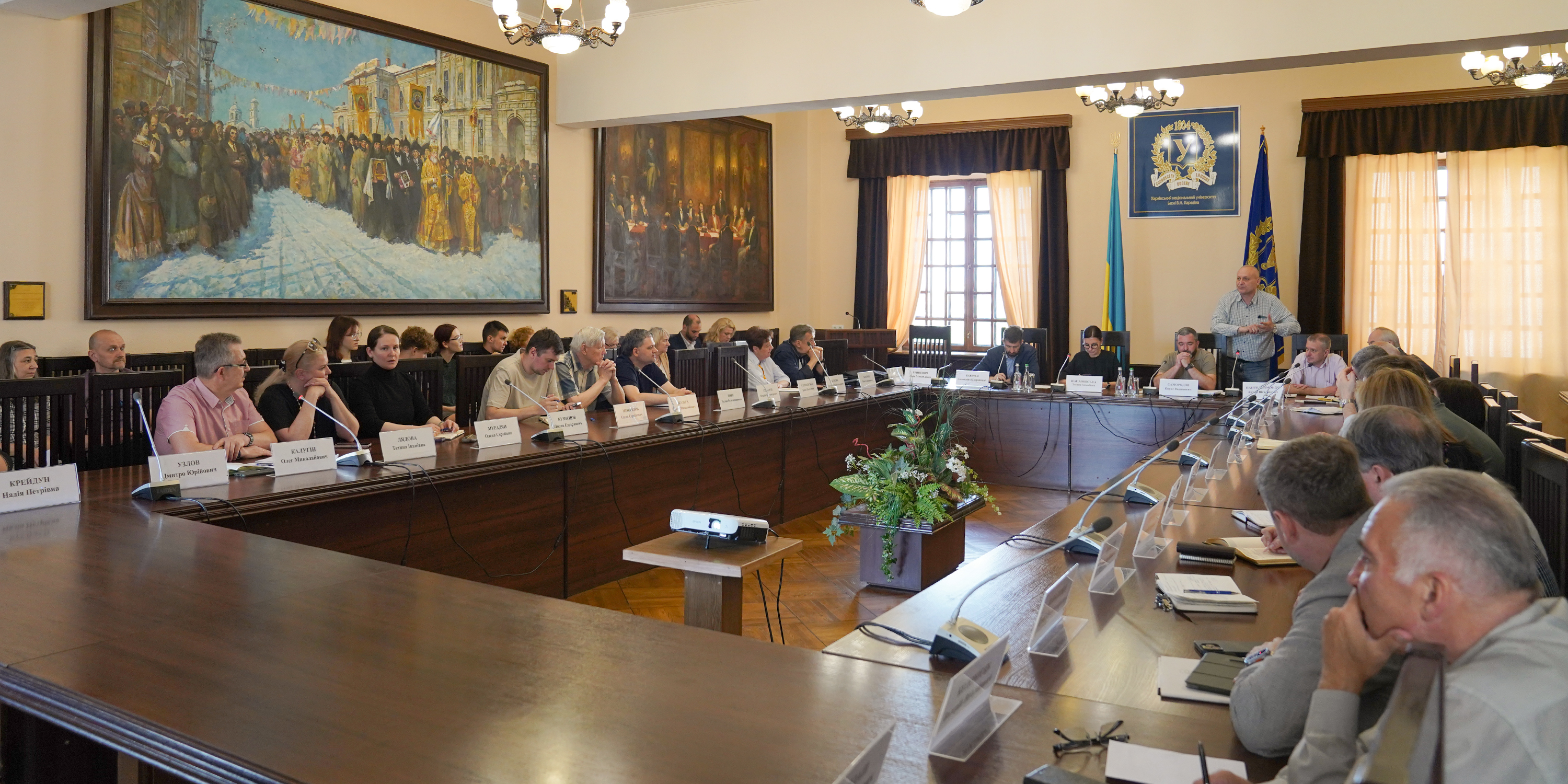
.jpg)
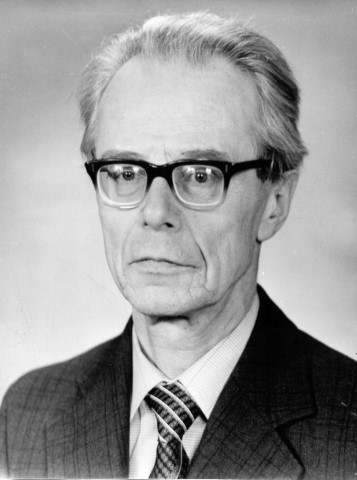
.jpg)
.jpg)